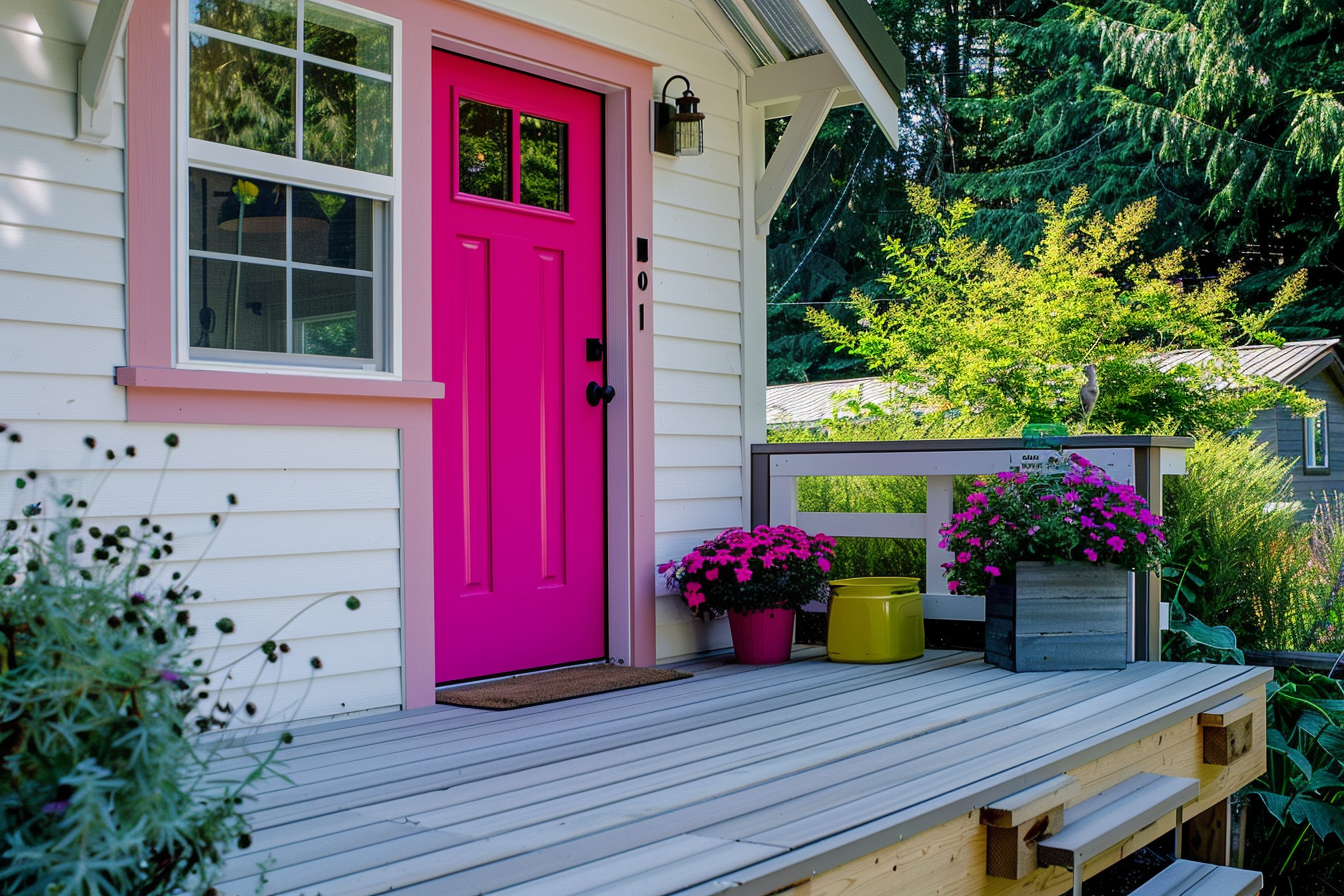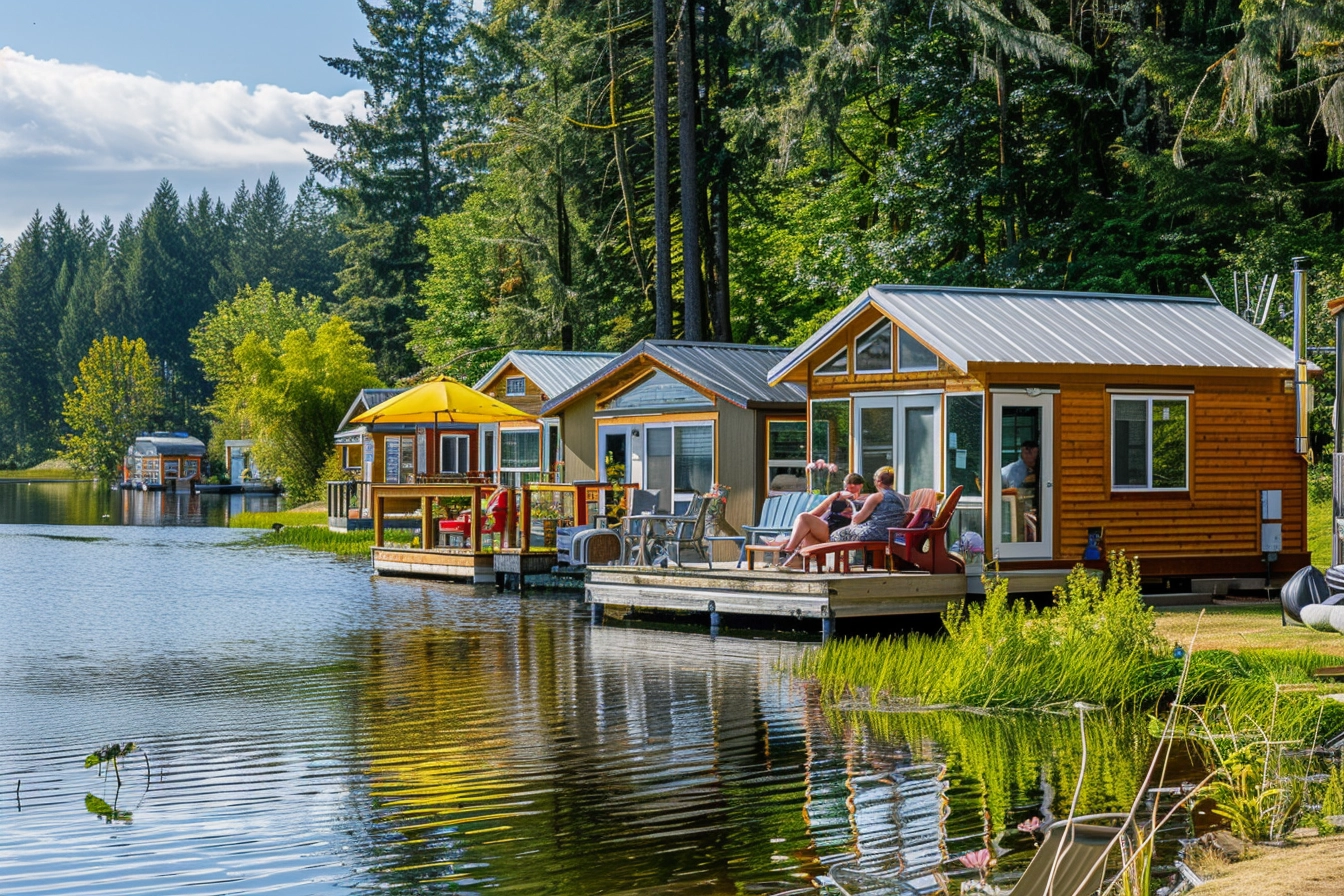

Considering building a granny flat on your property? Before embarking on this exciting project, it’s crucial to familiarize yourself with the regulations and requirements governing granny flat construction. Understanding the legal framework can help streamline the building process and prevent potential setbacks down the road. Here’s what you need to know:
1. Zoning Regulations
One of the first considerations when building a granny flat is zoning regulations set by your local government or municipality. Zoning laws dictate where and how granny flats can be constructed, including minimum lot size requirements, setback distances from property lines, and allowable building heights. Before proceeding, check with your local zoning department to ensure your property complies with these regulations.
Tip:
Request a copy of the zoning ordinance or speak with a zoning official to clarify any specific requirements applicable to granny flats in your area.
2. Building Codes
Compliance with building codes is essential to ensure the safety and structural integrity of your granny flat. Building codes outline minimum standards for construction materials, design specifications, electrical wiring, plumbing systems, and fire safety measures. Hiring a licensed contractor familiar with local building codes can help navigate these requirements and ensure your granny flat meets all necessary standards.
Tip:
Obtain the latest version of the building code from your local building department and review it thoroughly with your contractor before commencing construction.
3. Permitting Process
Before breaking ground on your granny flat, you’ll likely need to obtain various permits from your local building department. Permit requirements typically include building permits, electrical permits, plumbing permits, and possibly others depending on the scope of your project. Submitting accurate and complete permit applications, along with necessary documentation and fees, is crucial to securing approval for construction.
Tip:
Work closely with your contractor to prepare and submit permit applications in a timely manner, ensuring compliance with all regulatory requirements.
By familiarizing yourself with zoning regulations, building codes, and the permitting process, you can navigate the legal landscape of granny flat construction with confidence and avoid potential pitfalls. Consulting with local authorities and experienced professionals can provide invaluable guidance and support throughout the building process, ultimately helping you create the granny flat of your dreams.




